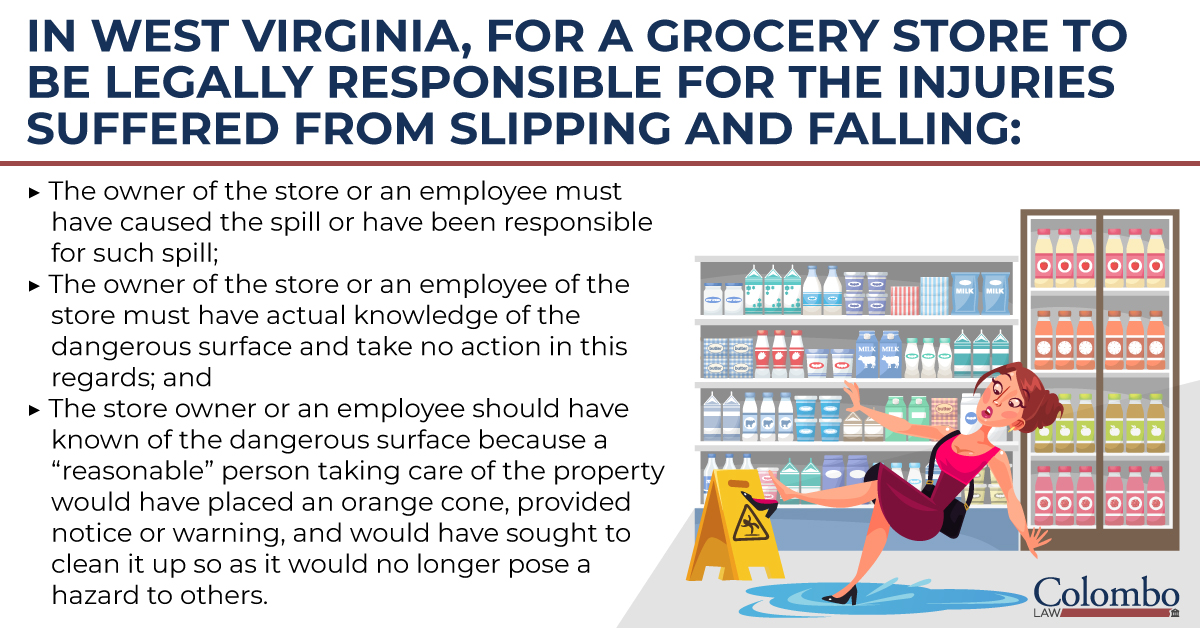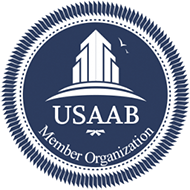
According to the National Safety Council (NSC), well over 9 million disabling slip-and-fall injuries occur every year throughout the United States. Although such statistics are not necessarily itemized by way of type, location, or environment, it is presumed that a significant number of such slip-and-fall injuries occur within grocery stores, where patrons in the course of shopping may slip on a puddle of water that has accumulated from other shoppers, melting ice from the frozen food section, or possibly a leaky air-conditioner. From a public health perspective, pooling or accumulated water that goes unnoticed for a significant period of time can be hazardous to an unsuspecting patron, especially one who is focused on grocery shopping. A slip-and-fall can cause traumatic brain injury, broken bones, or other serious physical injuries that can take years to fully recover from.
Slip-and-falls are not only hazardous and dangerous, they are also very expensive. It is estimated that “the average cost per slip/fall accident exceeds $20,000 [and] the National Safety Council (NSC) estimates that workers’ compensation and medical costs associated with employee slip-and-fall accidents are approximately $70 billion per year [where] customer slip-and-fall incidents are potentially far more costly…” Additional data estimates that 25,000 people are victims of slip-and-fall accidents every day, costing businesses $3.5 million dollars every hour, 365 days a year. Furthermore, the average cost to defend slip-and-fall lawsuits is approximately $50,000, as reported by the National Floor Safety Institute.
As with many States, West Virginia sets forth a number of legal requirements to be met in order for a party to assert a slip-and-fall claim. In West Virginia, for a grocery store to be legally responsible for the injuries suffered from slipping and falling:
- The owner of the store or an employee must have caused the spill or have been responsible for such spill;
- The owner of the store or an employee of the store must have actual knowledge of the dangerous surface and take no action in this regards; and
- The store owner or an employee should have known of the dangerous surface because a “reasonable” person taking care of the property would have placed an orange cone, provided notice or warning, and would have sought to clean it up so as it would no longer pose a hazard to others.
Let Our Attorneys Help You Today
If you or someone you know has been involved in a slip-and-fall that has resulted in serious harm or injury, you need attorneys with experience in such personal injury matters. Colombo Law is highly experienced in such matters and can evaluate your potential legal claims on your behalf.










